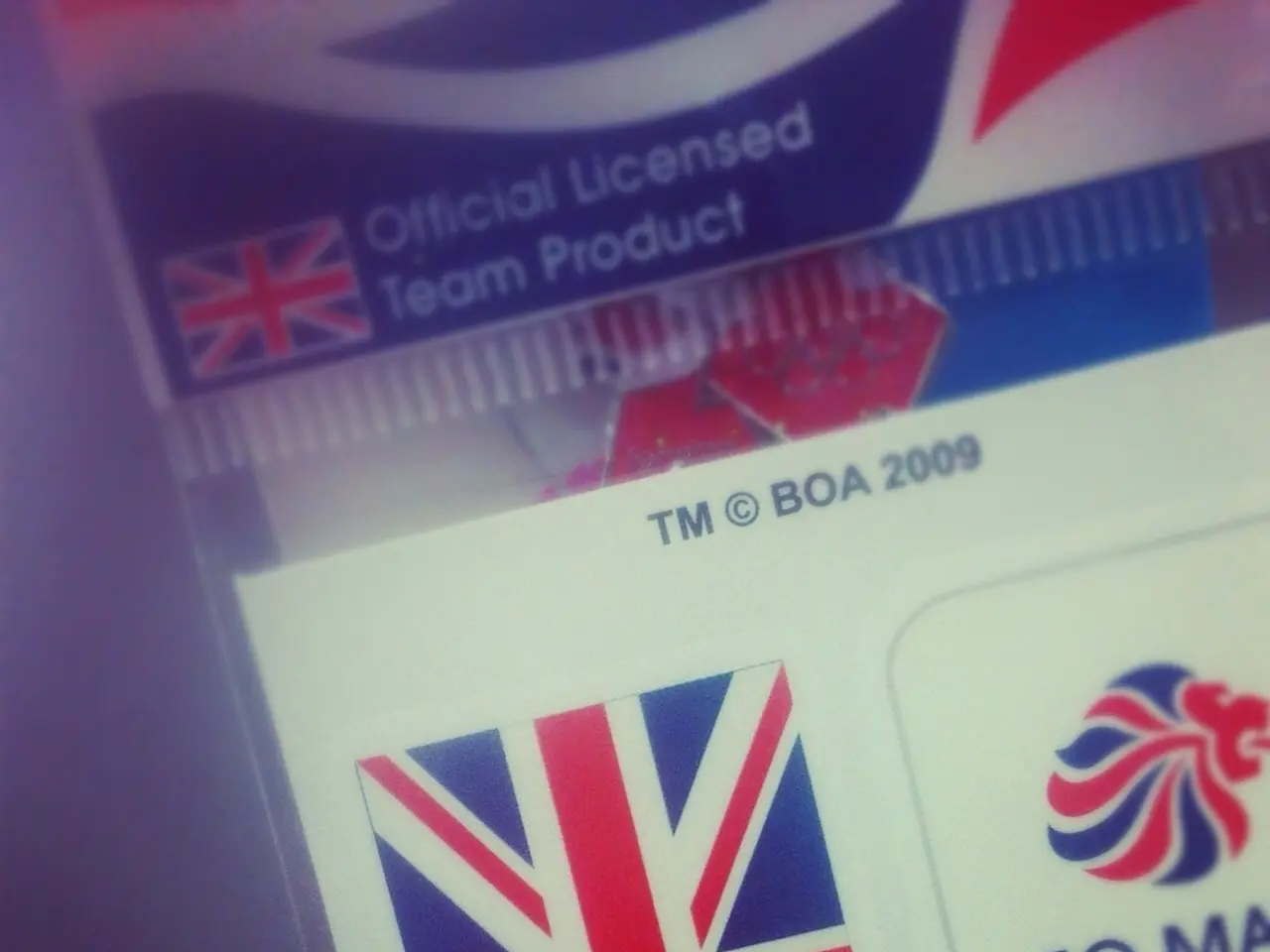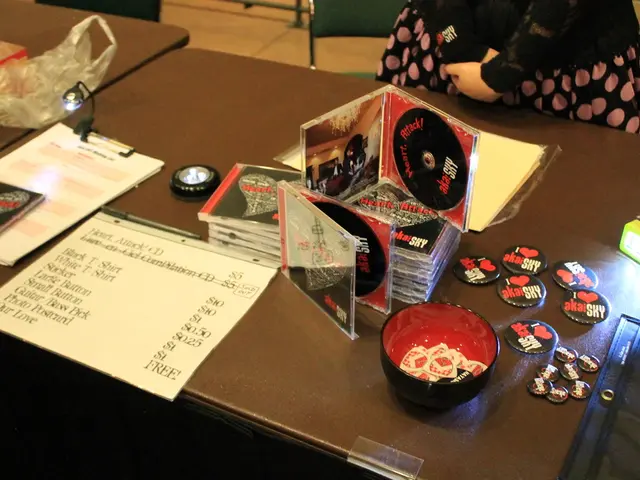Approaching deadline for Digital Token Service Providers under Crypto Regulation in Singapore on June 30th
**Singapore Cracks Down on Digital Token Service Providers Operating Exclusively Outside Its Borders**
Starting from June 30, 2025, Digital Token Service Providers (DTSPs) offering services exclusively to customers outside Singapore involving digital payment tokens and tokens of capital market products will require a license from the Monetary Authority of Singapore (MAS) to operate legally.
The MAS has set a high licensing threshold and will generally not issue licenses for such DTSPs, as their operating models carry inherently higher money laundering and terrorism financing risks, and MAS cannot effectively supervise activities whose substantive operations occur outside Singapore.
DTSPs that do not obtain a license must cease their regulated digital token activities after June 30, 2025.
To qualify for a DTSP license in Singapore, the provider must be either an individual or partnership operating from a place of business in Singapore, or a Singapore-incorporated corporation (regardless of where it operates) that provides digital token services. MAS emphasizes due diligence focused on mitigating money laundering and terrorism financing risks, with stringent supervisory requirements given the cross-border nature of these services.
The licensing criteria entail high standards and robust controls; therefore, only DTSPs with viable business models that operate substantial regulated activities within Singapore and provide sufficient transparency and risk controls are likely to be licensed. Providers that serve customers in Singapore are already subject to regulation, and this regime continues unchanged. Those providers can also serve customers outside Singapore without additional licensing if they already hold the relevant license.
Only digital payment tokens and tokens of capital market products fall under licensing requirements; services related to other tokens such as utility and governance tokens are exempt from licensing.
Meanwhile, the Hong Kong Monetary Authority (HKMA) is set to roll out its stablecoin regime on August 1. The EU is expected to pursue separate legislative updates to address specific outstanding questions related to issues such as DeFi, NFTs, and other innovations.
In the United States, the Securities and Exchange Commission (SEC) will now use its enforcement capacity to push clear instances of fraud and market abuse, rather than seeking out compliance violations among industry participants who are unclear about the status of regulation. The new chair of the SEC, Paul Atkins, has indicated that the agency will take an innovation-and industry-friendly approach to cryptoasset regulation.
Pakistan, on the other hand, is planning to establish a strategic Bitcoin reserve, following similar plans announced by the US earlier this year. The Pakistani government has formed a cross-departmental technical committee tasked with drafting a regulatory and legal framework for digital assets. The UK's Financial Conduct Authority (FCA) plans to lift a ban on the offering of cryptoasset exchange traded notes (cETNs) to retail investors, bringing the UK into greater alignment with other countries that already permit the trading of crypto-lined exchange traded funds (ETFs).
- The Singaporean government, starting from June 30, 2025, will require Digital Token Service Providers (DTSPs) offering services exclusively outside Singapore to perform due diligence and obtain a license from the Monetary Authority of Singapore (MAS) to prevent money laundering and terrorism financing risks.
- The technology-driven finance industry will be tracking the upcoming licensing requirements for DTSPs in Singapore, as MAS has set a high threshold based on the inherent risks associated with operating models that largely take place outside its borders.
- The educational and self-development sector may also need to adapt to these changes, as potential investors in businesses related to digital tokens and capital market products will need to understand these new regulations to engage in investing activities in Singapore.
- Meanwhile, other industries, such as general news, may report on Singapore's licensing crackdown as a part of the broader global trend of increasing regulation and security measures for the digital payment and finance sectors.
- As Singapore puts its new regulations in place, other financial authorities, like the Hong Kong Monetary Authority and the EU, are also preparing updates to address specific questions related to decentralized finance (DeFi), non-fungible tokens (NFTs), and other technological innovations within the digital token and finance industry.




